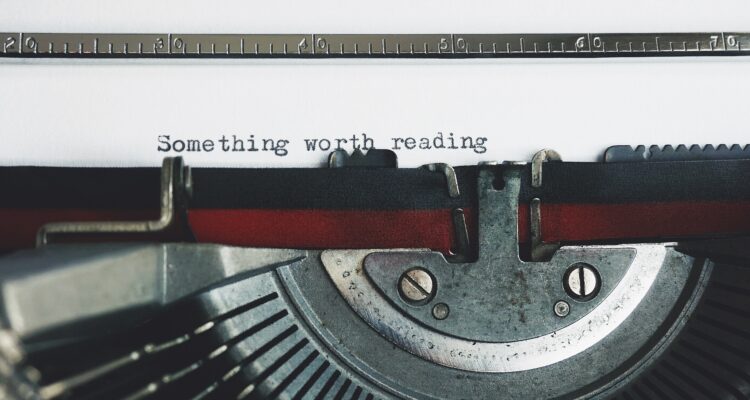Writer is an interesting term. While it refers to people who may write novels, articles, poems or blogs it doesn’t necessarily mean someone who earns money from doing so, or someone who releases or publishes any of this content. That’s not to dismiss people who haven’t – if you’re writing, you’re a writer, and you get to define what that means to you.
Novelist, on the other hand, refers to someone actively planning, writing, or publishing a novel, or someone who has successfully completed this process in the past. It helps us to refer to a specific discipline of writing if we hope to discuss how to emulate the best process of achieving that for ourselves. But outside of creative writing classes and writing groups, as well as some excellent books or podcasts such as ‘On Writing’ by Stephen King, or ‘Writing Excuses,’ a podcast hosted by Brandon Sanderson, there are no real manuals to determine what your writing has to be about, how it’s optimized, and what kind of ‘novelist’ you are in the process of becoming.
So, instead of giving you an overall guide, let’s start from the beginning. How do novelists get started on writing books? Let’s consider that, below:
Gather Your Tools & Materials
It’s a healthy idea to gather your tools and materials for writing before you get started. Make sure that your laptop/desktop is clean and you deal with the most pressing issues of organization first. If using a new device, make sure you’re familiar with it, quash the 8 major bugs of a new update, and integrate peripherals, like a good keyboard you can type on for a while. Some people prefer particular word processors like Word or Google Docs, but there are many that format the pages correctly for you, like Scrivener or Ulysses. It’s all down to personal preference. Notebooks, filing books and organizers are also worthwhile. Novelists are also keen on post-it notes placed around their area of work – this can also be useful.
Organization Is Key
Keep organized as well as you can. Keep subsections in your note-taking programs for certain characters, relationships between them, your worldbuilding and its rules, as well as inspiration. This can be anything from simple image boards and music playlists that inspire you to full details regarding a magic system you’re working on or nailing the history of an event you’re alluding to. Tag and index this as well as you can. It can help you avoid leafing through pages of notes later on, getting nowhere, and missing your good ideas.
Noting, Reading, Inspiration
Inspiration is of course key when writing, but what’s better is taking inspiration from ideas, thinking about them, reflecting, exposing yourself to counterpoints, and thinking about what your take on that inspiration may be. This is a learned skill, and comes from constant exposure to reading (you can find great recommendations here!) as well as noting your thoughts throughout the day and keeping track of your moments of inspiration properly. The more you do this, the more you can write what you’d actually like to write, instead of chasing some kind of ‘successful formula.’ When you do this with your whole heart, you cannot avoid writing authentically and it will come as a result of your passion for writing, and particular life experience and viewpoint.
With this advice, we hope you can understand how novelists get started. But the biggest piece of advice is simply – just write. Get started now, and you’ll put your dreams in motion.
This collaborative post may contain affiliate links.


